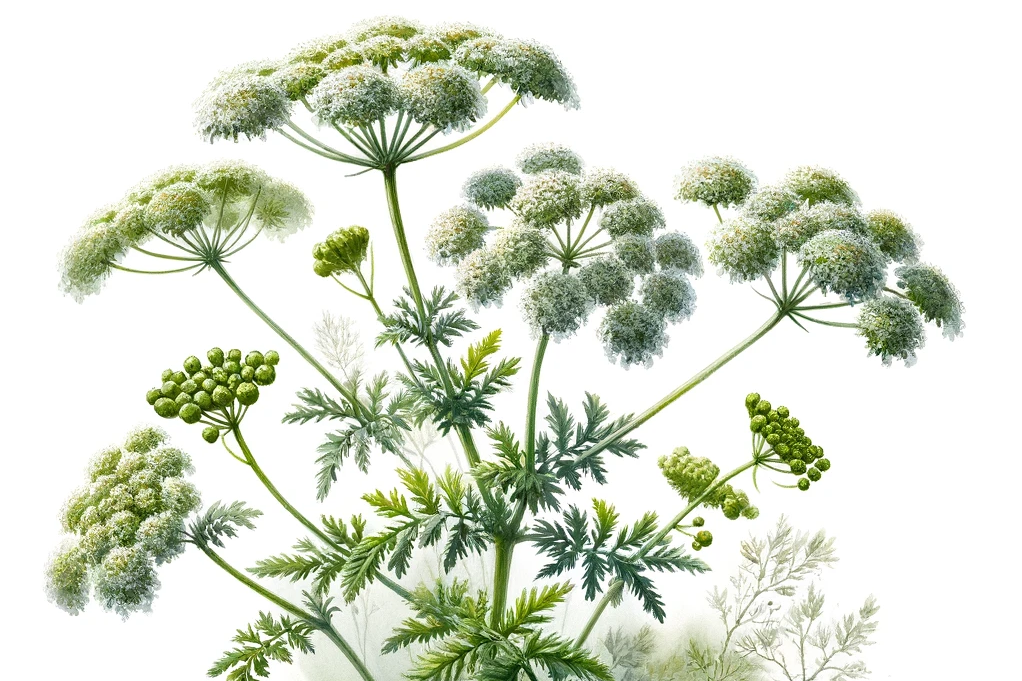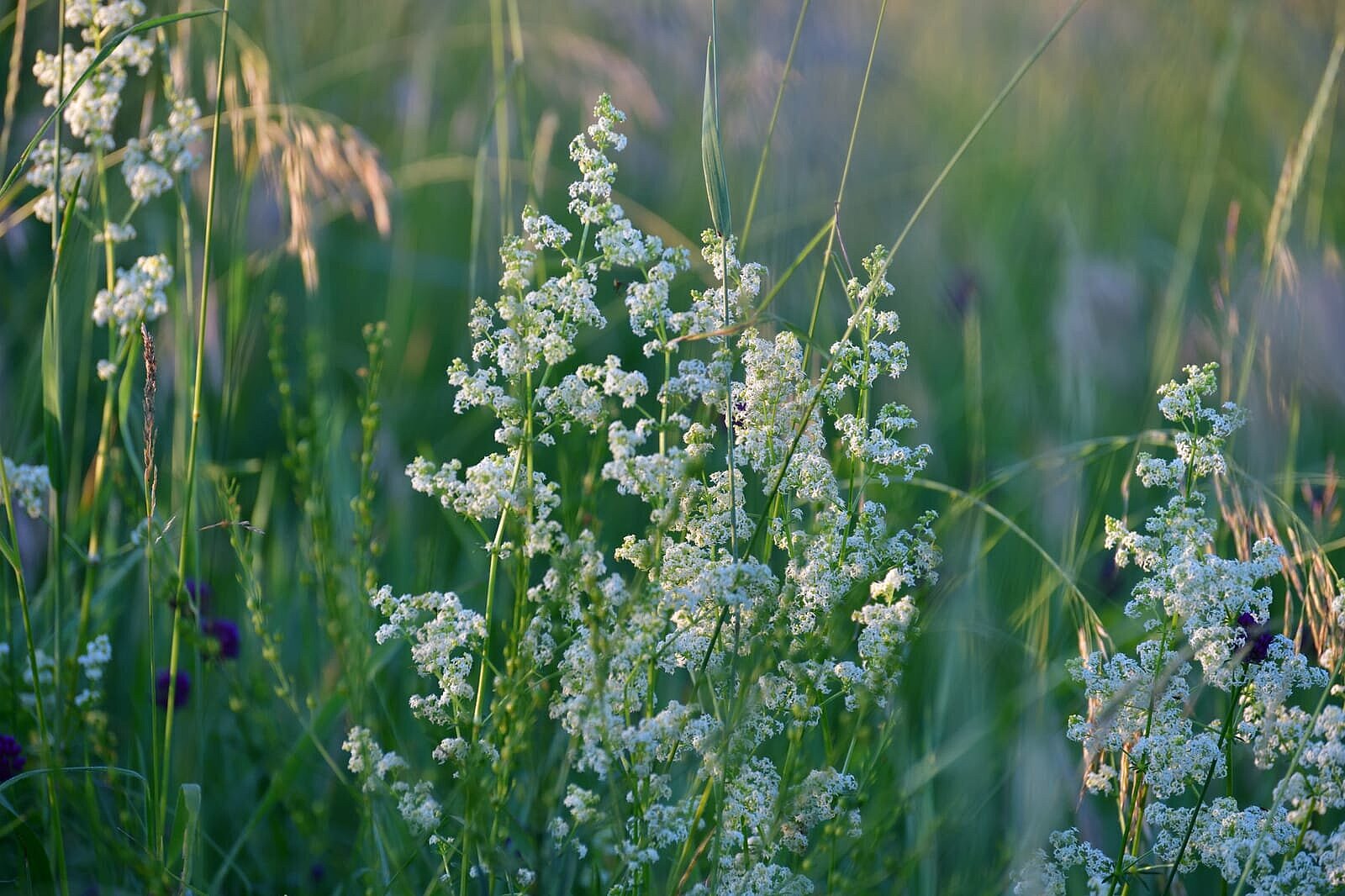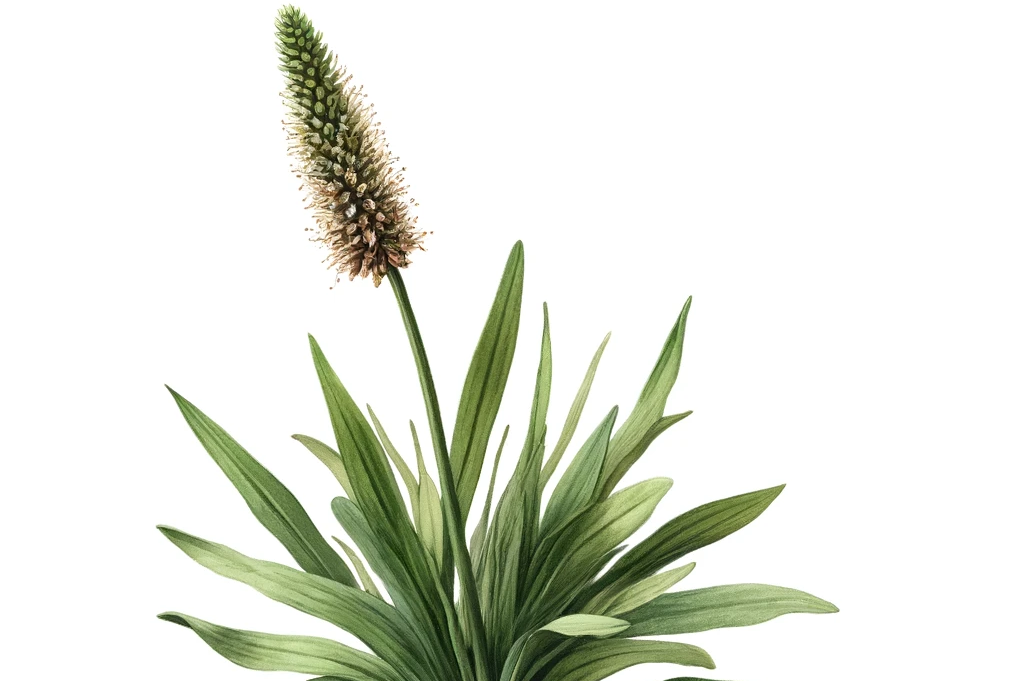Meadow daisy

In the endless search for natural and healthy supplements to feed our four-legged friends, we occasionally come across surprising candidates from the plant world. One such plant that may not be immediately associated with dog food is the meadow daisy. This dainty flower, which adorns meadows and green spaces, may have more to offer than meets the eye. But what is the true suitability of the meadow daisy for dogs? In this article, we take a detailed look at this plant, its potential benefits and drawbacks for dogs and draw a conclusion about its use.
What is the rough meadow daisy?
The meadow daisy (Leucanthemum vulgare) is a widespread wildflower that can be found in natural meadows, gardens and roadsides. It belongs to the Asteraceae family and is characterized by its distinctive white petals with a yellow center. The plant is traditionally used in folk medicine and is known for its aesthetic and ecological values, as it is an important food source for pollinators such as bees.
Potential benefits of the meadow daisy for dogs
Natural ingredients
Lean Meadow Daisy contains several natural ingredients that could potentially have positive effects on dogs' health. These include antioxidants, which can help protect the body from free radicals and reduce inflammation.
Supporting skin health
Some components of lean meadow daisy could help promote skin health when applied topically by soothing skin irritation and mild inflammation.
Disadvantages and risks of lean meadow daisy for dogs
Potential toxicity
Although lean meadow daisy is considered largely safe for humans, there is little specific research on its safety and effects in dogs. Some plants in the daisy family can cause allergic reactions or gastrointestinal problems in dogs.
Lack of nutritional relevance
Lean meadow daisy has no significant nutritional value for dogs. A dog's diet should focus on ingredients that have proven health benefits and are known to be safe.
Risk of parasite transmission
Wild-collected lean meadow daisies may carry parasites or pesticides that can be harmful to dogs. Using plants from unsafe sources can therefore pose a health risk.
Beautiful to look at, but to be used with caution
While the meadow daisy is undoubtedly an asset to any meadow or garden and contains potentially beneficial natural ingredients, its use in the diet or as a remedy for dogs should be viewed with caution. The potential benefits are overshadowed by insufficient research into its safety for dogs and its lack of nutritional significance.
For dog owners who wish to offer their pet natural supplements for nutrition or care, it is advisable to use well-researched alternatives and, if in doubt, always consult a vet. The health and welfare of the dog should always be paramount and the use of lean meadow daisies is an aesthetic choice rather than a nutritional one.
If you notice any signs of hypersensitivity or poisoning in your dog, you should see your vet immediately. We are not a substitute for a vet, but we try to be as accurate as possible. Every dog reacts differently and we recommend you get a second opinion or consult your vet if in doubt.
Stay healthy and take good care of your four-legged friend!😊
Similar to Meadow daisy
Yarrow (Achillea millefolium) is a perennial plant from the Asteraceae family. It has finely pinnate leaves and white or pink flowers that are arranged in flat umbels. The plant grows to a height of...
Bedstraw belongs to the rue family and is widespread in Europe, Asia and North America. It grows mainly along roadsides, in meadows and in sparse forests. There are different types of bedstraw, such...
Bellflowers belong to the Campanulaceae family and include over 500 species that thrive in a variety of habitats. They vary in size from low growing ground covers to taller perennials and provide a...
Ribwort plantain (Plantago lanceolata) belongs to the plantain family and is native to Europe, Asia and North Africa. It grows mainly on nutrient-rich soils and is very adaptable. Ribwort plantain...



